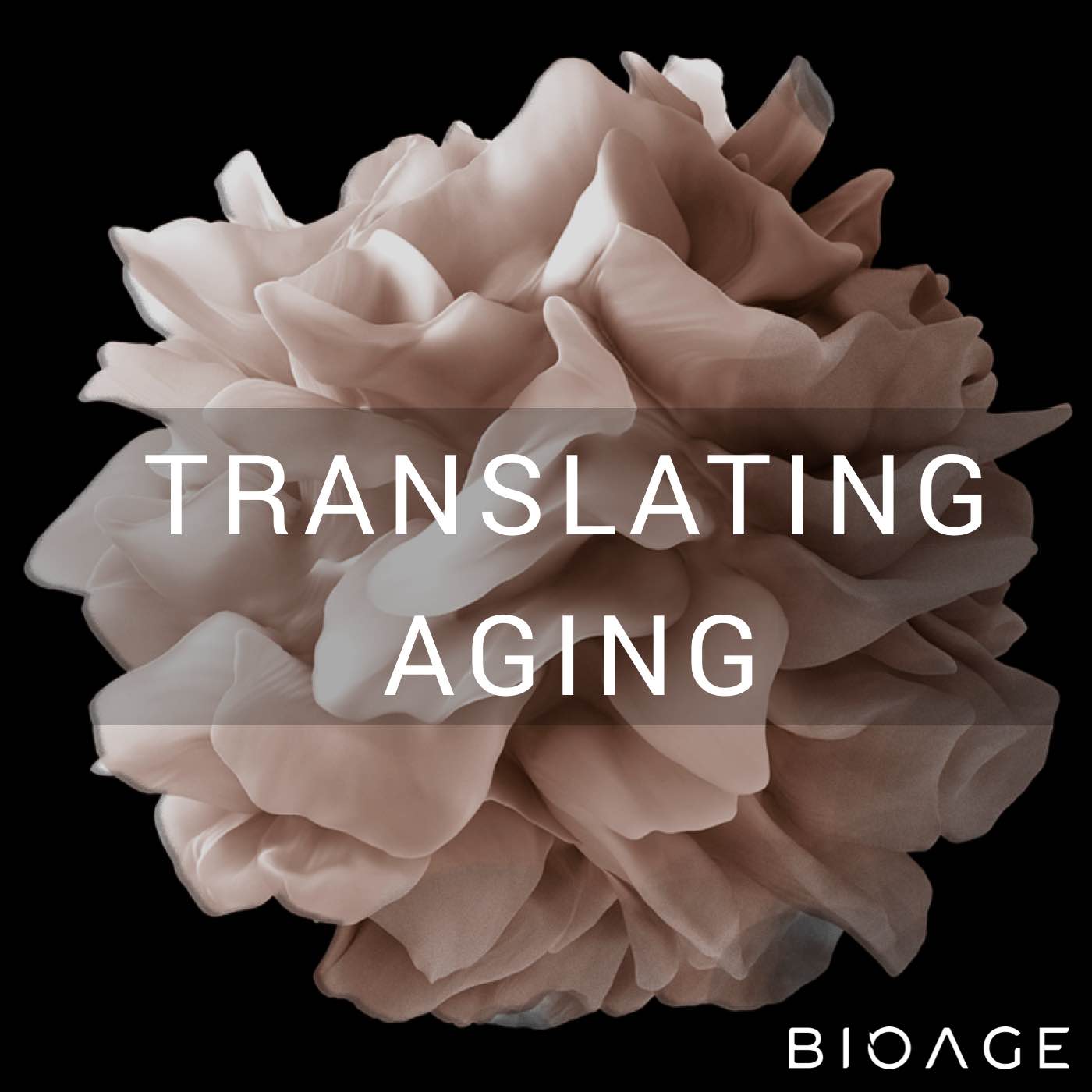Eliminating Senescent Cells by Activating the Immune System (Robin Mansukhani, Deciduous Therapeutics)
Description
This week’s episode of Translating Aging features Robin Mansukhani, CEO and Co-founder of Deciduous Therapeutics, a company that aims to positively impact human healthspan by developing medicines which activate the endogenous immune mechanism responsible for the elimination of senescent cells. Today, Robin shares his insights on how senescent cells develop and how Deciduous Therapeutics eliminates them.
Robin begins by explaining what causes the growth of senescent cells. He explains that not all senescent cells are dangerous and discusses the various kinds of these cells. Although senescent cells are prominent in age-related diseases, Robin explains that they are also found in younger people with autoimmune diseases such as juvenile diabetes. He goes on to talk about Deciduous Therapeutics’ approach in combating senescent cells by activating the NKT cells. He also shares his thinking about the best directions for human trials. The episode concludes with Robin describing the future of Deciduous Therapeutics, and his focus on impacting people globally in a meaningful way.
In this episode, you’ll learn how senescence arises, traditional senolytic approaches, and the importance of NKT cells in eliminating these pathogenic celss.
Episode Highlights:
The origin of senescent cells Why are senescent cells highly pathogenic? Breaking down the different kinds of senescent cells The relationship between senescent cells and age-related diseases Senolytics and senostatics: approaches for getting rid of senescent cells Deciduous Therapeutics’ approach What happens when senescent cells overpower NKT cells? The role alpha-galactosyl ceramide on NKT cells The current hurdles Deciduous Therapeutics are trying to overcome How Robin see Deciduous Therapeutics in five years
Quotes:
“Senescent cells are cells that have been irreversibly damaged, and so they exit the cell cycle.”
“It's not about the age of the person. It's more about the biological age of the organ and tissue. So we see senescence, also, in young people.”
“If you can take a senescent cell that's pathogenic and make it good again, and make it functional again safely and successfully, that would be very useful.”
“The approach here and our mindset going into creating this company was: there's a way that nature intended for this to happen, and it is our job to figure that out.”
“Getting the first indication to work means that you'll have a runway to lots of success. But if your first one does not work, in a lot of cases, it might mean the end of the company or the end of the runway because you simply don't get enough funding for multiple clinical trials at once. So it is critical.”
Links:
Email questions, comments, and feedback to [email protected]
Translating Aging on Twitter: @bioagepodcast
BIOAGE Labs Website BIOAGELabs.com
BIOAGE Labs Twitter @bioagelabs
BIOAGE Labs LinkedIn
Deciduous Therapeutics Website DeciduousTx.com
More Episodes
Dr. Daisy Robinton, co-founder and CEO of Oviva Therapeutics, discusses the company's innovative approach to improving women's healthspan by targeting the biology of ovarian aging. Motivated by her personal experiences and the realization that female physiology is underserved by research and...
Published 04/03/24
Published 04/03/24
Dr. Noah Davidsohn, co-founder and CSO of Rejuvenate Bio, discusses the company's innovative work using gene therapies to treat age-related diseases in dogs and humans. In his conversation with host Chris Patil, he explains his recent groundbreaking study showing that partial cellular...
Published 03/20/24


